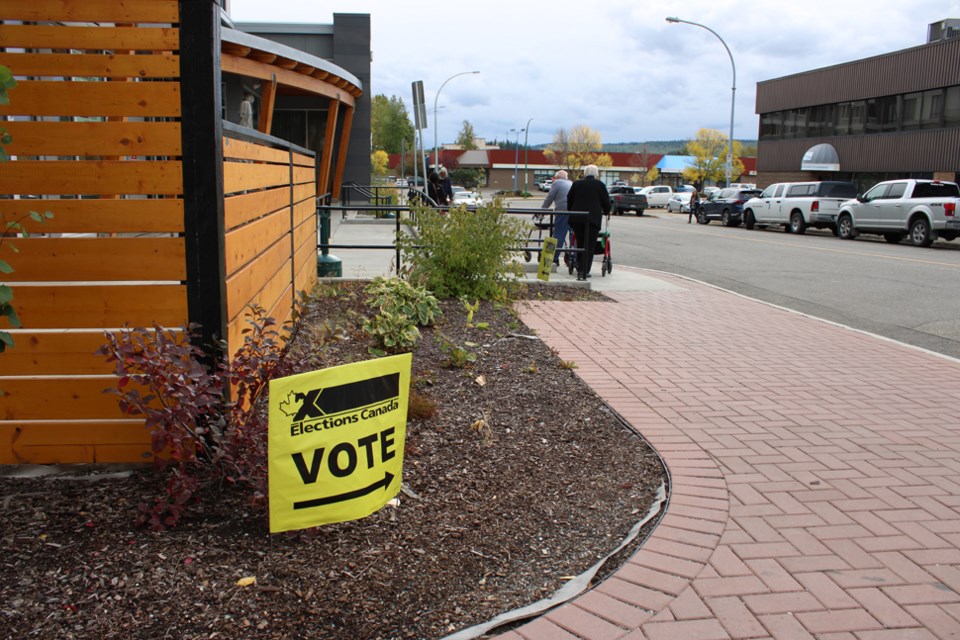Last month’s federal election bucked a recent trend of increases in voter turnout, with the total dipping below 60 per cent for the first time since 2008.
Although voter turnout is affected by a variety of issues, one of the reasons behind the increase in the 2015 and 2019 elections was Vote on Campus, a program that encourages youth voting and participation in the electoral process by locating polling stations on university and college campuses.
Voter turnout among young people has historically been lower than other age cohorts and Vote on Campus was designed to address this issue. The program, however, did not operate in the 2021 election because of the suddenness of the election and pandemic restrictions, a decision that likely affected youth turnout.
Post-secondary students can face a number of barriers when voting in federal elections, all of which have been confirmed by our students. Many students move away for school but keep their permanent address in their home community. This makes sense when you remember that students often move around once the academic year ends in the Spring.
Elections Canada does provide some options for students, but these options are not clearly explained on the Elections Canada website nor are they enough to facilitate accessible voting. In federal elections voters have a number of avenues to cast their votes. Mail in, early voting, and on election day. The major difficulty lies in election day procedures when all voters are expected to cast their vote at their assigned polling station. In order to do so voters must provide their voter registration card and/or identification that demonstrates residency at an address within that polling district. For students, as well as others who move regularly for work or other reasons, this requirement can pose difficulties as they may not have the documentation required at the polls.
Elections Canada needs to do more to encourage youth voting and participation in the electoral process more generally. Hopefully the Vote on Campus program will be reinstated and expanded in future elections, but steps can also be taken to streamline election procedures. Young people are the future of our democracy and studies have shown that if they are not engaged in the political process earlier in life, they will not turn out to vote in later years, thereby contributing to a further decline in voter turnout.
– Fiona MacDonald and Gary N. Wilson are professors in UNBC’s Department of Political Science



